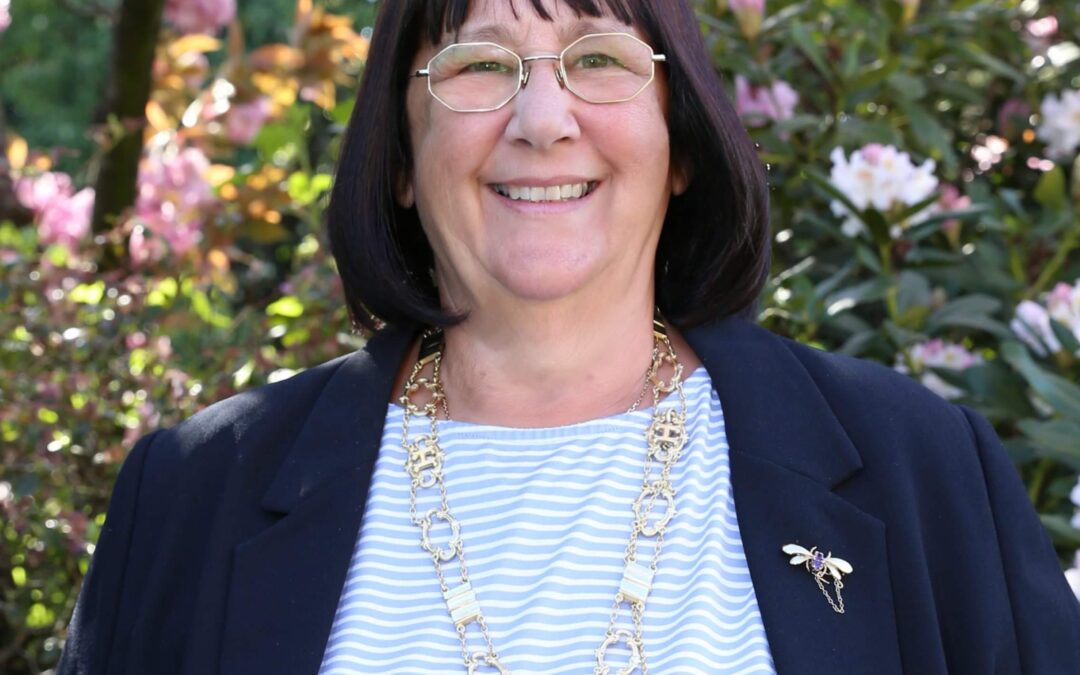Over the past month we have seen the country slowly opening up after a lockdown that we could not foresee would last so long. Nationally we are experiencing shortages of experienced staff, significantly in the Horticulture sector. We have seen a reduction in both Further Education (FE) and Higher Education (HE) courses. On a positive note, there has been a significant increase in apprenticeships. The Institute has an important part to play, and to this end we are working with other organisations to ensure we have an input into content and delivery.
In 2022 the Institute of Agriculture and Horticulture (TIAH) are aiming to launch their Careers and Skills platform. Helen Sessions (CIH Development Officer) is sitting on their Careers and Apprenticeships committee, whilst Dr David Elphinstone (CIH Chair of Education) is representing us on the CPD and Professional Framework committee. We are also attending the Ornamental Horticulture Round Table Group (OHRG) where David is our representative on the Employment and Education Subgroup.
Helen is now actively involved in the Trailblazer Group for Horticulture, Landscape and Forestry. The group are currently reviewing Level 2-3 in Horticulture and have recently submitted Level 5 Horticulture and Landscape Technical Manager, Level 4 and 6 Arboriculture to The Institute for Apprenticeships and Technical Education (IFATE) for approval.
We are continuing to develop our provision for student members, and actively encourage them to get involved in the process.
The strategic plan 2021-26 is taking shape, and all being well will be completed at the first face-to-face Council of Trustees and Branch Chairs meeting in December.
COP26 is fast approaching. Horticultural businesses and organisations are developing sustainability strategies to show how they can reduce their carbon footprint. There are many areas of horticulture where we can impact on climate change. It is good to see growers forging towards becoming carbon neutral, using alternative heat sources and recyclable materials being used in many areas.
Technology is playing an increasing role in production, and we are seeing drones used in harvesting, spraying and field monitoring. Mechanisation under glass is well advanced, and we are seeing more robots used in field production.
On a lighter note, it was good to see some of our members at the Chelsea Flower Show, either exhibiting or building a show garden. Harrogate Autumn Flower Show was a success in its new venue, where a team from Northern branch, led by Graham Porter, manned the advice stand answering hundreds of questions.
Susan Nicholas FCIHort
PRESIDENT
president@horticulture.org.uk
